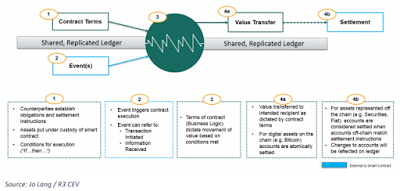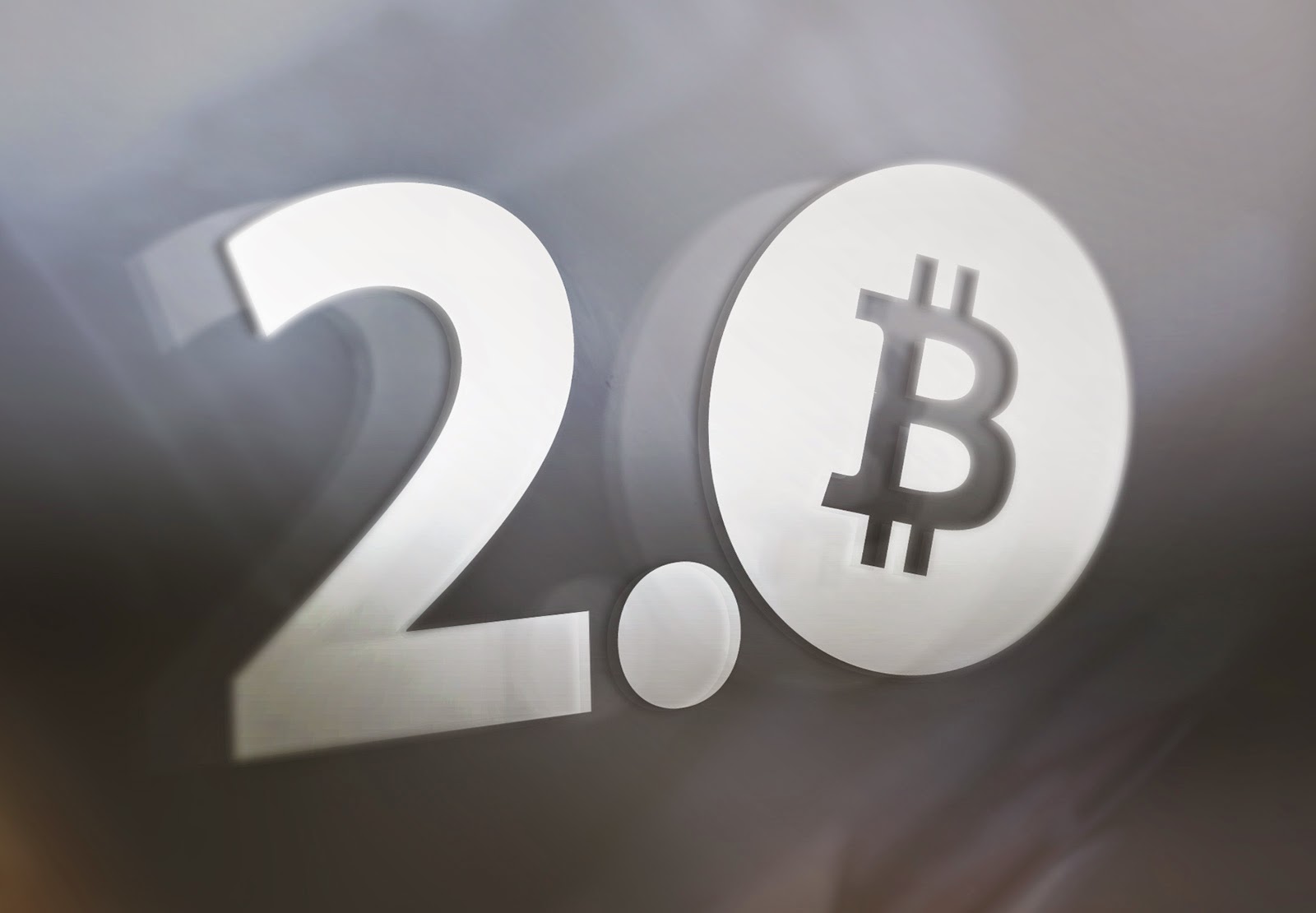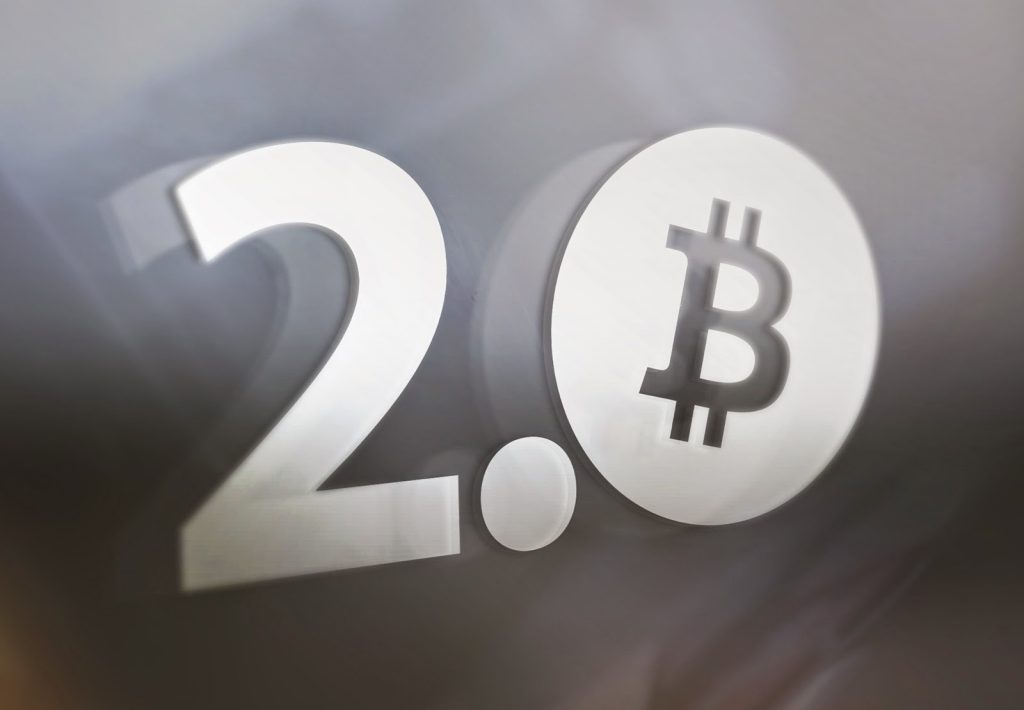
“DΞVCON1 is very excited to work with Microsoft and we look forward to having them in London.”Microsoft’s head of US Technology Financial Services, Marley Gray, explained more specifically why Microsoft had taken an interest in this international and decentralized technology event:“Microsoft is excited to sponsor and attend Ethereum’s DevCon1. We find the Ethereum blockchain incredibly powerful and look forward to collaborating within the Ethereum Community. We see a future where the combination of Microsoft Azure and Ethereum can enable new innovative platforms like Blockchain-as-a-Service. This will serve as an inflection point to bring blockchain technology to enterprise clientele”.
Ethereum DevCon1 Is Bringing Interesting Companies and People Together… For a Better FutureAlready, it has been confirmed that not only will Microsoft be in attendance, but so will Nick Szabo. That is actually no surprise given that Szabo coined the term “smart contract” many many years ago and has become increasingly vocal on the internet as his pet idea has started to come to fruition. Smart contracts are a large part of Ethereum’s mainstream appeal, though the concept is still in the process of gaining momentum. The future prospects of robots and computers replacing humans for certain types of jobs has always been on the fringe of human imagination. The more you think about smart contracts, the more you realize that such a futuristic world couldn’t exist in a stable state without something like smart contracts. As panelists at the Money20/20 conference stated:
“Cryptocurrency is the most natural way for machines to pay machines.”
Bitcoin-inspired blockchain technology, of which Ethereum definitely is, has seen a lot of validation lately. Other Bitcoin-inspired blockchain technology like BitShares is also gaining traction, though not in the form of Microsoft sponsorships. Besides the fundraising and actual release of Ethereum’s Frontier alpha and a shaky first few days, the formation of a conference is a milestone that most “altchains” never achieve – not that there was any doubt that Ethereum would make it this far, anyways. After all, even Imogen Heap has even started using Ethereum, why wouldn’t Microsoft be next?
Open your free digital wallet here to store your cryptocurrencies in a safe place.

Open your free digital wallet here to store your cryptocurrencies in a safe place.

 In a recent event at Guardian live!, popular music artist Imogen Heap talked about the release of her new song, Tiny Human, on the Ethereum blockchain. By working with BitTunes, Ethereum Developers recently demonstrated smart contract functionality by purchasing the song using Ether. Imogen started with just a thought:
In a recent event at Guardian live!, popular music artist Imogen Heap talked about the release of her new song, Tiny Human, on the Ethereum blockchain. By working with BitTunes, Ethereum Developers recently demonstrated smart contract functionality by purchasing the song using Ether. Imogen started with just a thought:She eventually found her way to the bleeding edge of technology and has now officially brought her music to the digital age with blockchain smart contracts.
Music Is Finally Entering the Digital Age
Since the days of Napster, LimeWire, and even iTunes, music has come a long way in the digital age. Before physical mediums for music storage and music playing were developed, the only way to purchase music was to buy a single listen in the form of (likely) an orchestra or choral concert. With physical medium such as vinyl, cassettes, CDs, and now MP3s, the business model changed to allow consumers to buy “unlimited” listens by having the music file. Newer services such as Spotify, Pandora, and 8Tracks have created a newer business model that returns to using the “listen” as the basic unit of measurement. Music ownership has progressed and regressed; however, the connection between artist and music buyer has only continually grown wider and wider. Imogen commented:
Blockchain Technology Allows for New Possibilities
After talking about blockchain technology with her friend Zoë, Imogen realized that technology had finally reached a point where users could get a download that is connected to artists in a financial way. Imogen described her realization:“I realized there is actually a way that you can connect a file with its payment attached into a digital wallet. And so when somebody listens to a track — the technology is very close to being there — it immediately recompenses me, and then I can split it off to my choreographer, to Zoë for thanking her, to whatever, it can immediately go into their bank accounts. Instead of having to wait two years, sometimes, even more, for money to come back to me, it can be instant.”
It turns out that technology can benefit the fans, who can receive provable special attention from their favorite artist, and the artists, who can receive payments sooner and with less middle men in between. Imogen Heap’s decision to use Ethereum and blockchain technology now that she is free of the shackles of contracts made by record labels tells us something about the future. This same move toward smart contracts will be emulated in other industries. Ethereum, and by extension Bitcoin and blockchain technology as a whole, will change the world.
Open your free digital wallet here to store your cryptocurrencies in a safe place.
Open your free digital wallet here to store your cryptocurrencies in a safe place.

 (CoinDesk) Just when people were getting used to the idea that bitcoin might not be a boom-and-bust fad destined for failure, entirely new applications of the technology have joined digital currency on stage.
(CoinDesk) Just when people were getting used to the idea that bitcoin might not be a boom-and-bust fad destined for failure, entirely new applications of the technology have joined digital currency on stage.“Bitcoin can be used to pay for things like a cup of coffee, but that’s not bitcoin’s ‘killer app’. To the average customer it’s just as easy to pay with their credit card. A killer app would need to offer massive advantages in another area.”
“We ought to be paying very close attention to crypto 2.0 because bitcoin has redefined how we launch web services.”
“Essentially you can take the technology from bitcoin, which is a $5bn–$6bn industry, and apply it to an existing area like cloud storage, which is a $150bn dollar industry.”
“Bitcoin already provides a global currency and distributed ledger – there is no need to reinvent those wheels. Combining real-world information with bitcoin is where things start to get really interesting.”
Open your free digital wallet here to store your cryptocurrencies in a safe place.